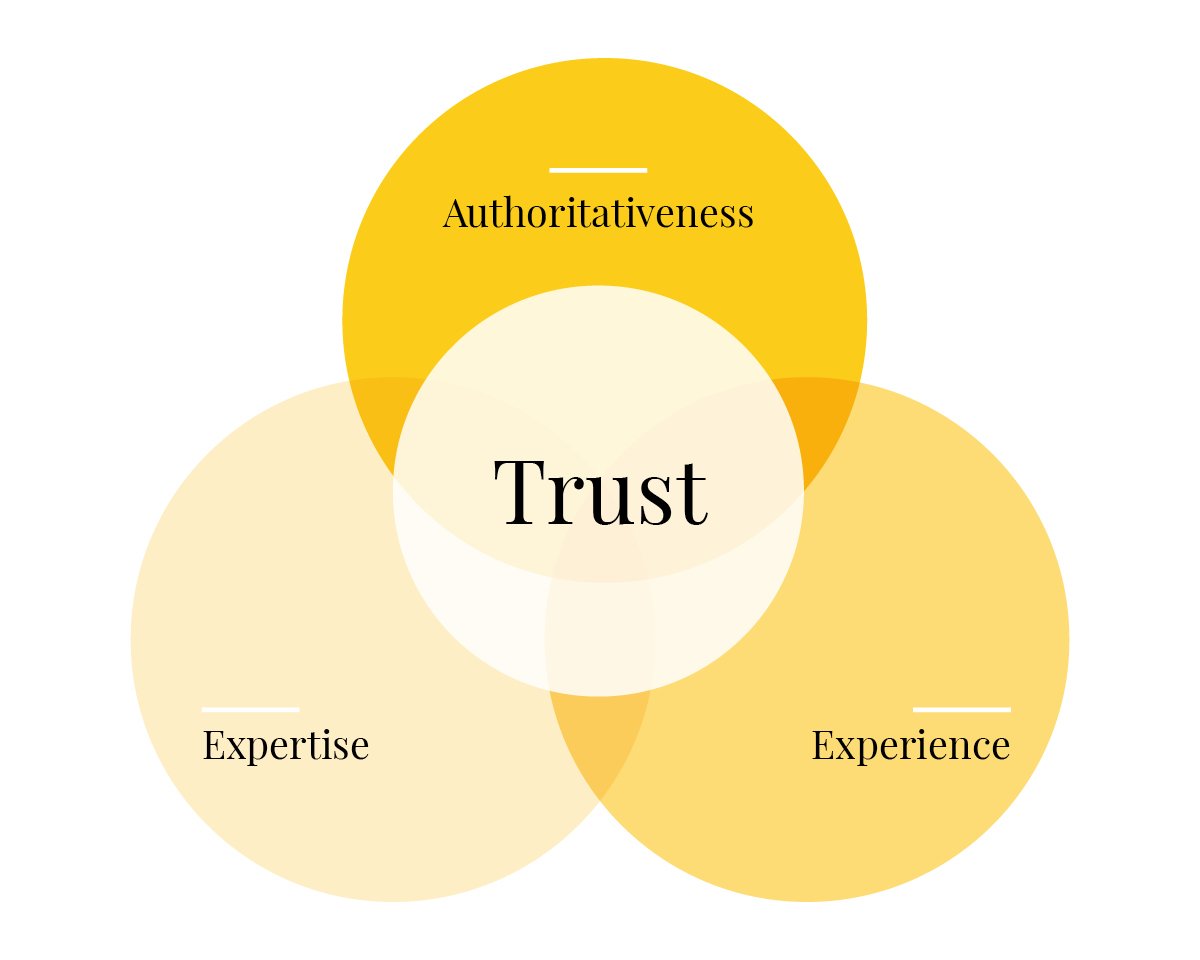Search for topics or resources
Enter your search below and hit enter or click the search icon.

Content marketing is growing fast. About 72% of marketers say it helps educate their audience, and 63% see it boosting loyalty, according to the Content Marketing Institute.
That’s a strong endorsement. But what’s the catch? Content marketing isn’t without challenges.
At Zoe Marketing & Communications, we’ve specialized in written content marketing since 2020, particularly sponsored articles. We understand the hurdles.
Here, we’ll break down four common content marketing problems. By the end, you’ll have a clearer sense of whether it’s a fit, whether to tackle it solo or whether agency support makes sense.
Publishing content — on your site or with a media partner — won’t immediately drive sales.
Expect long-term gains over 3-12 months, not instant results.
Good content marketing isn’t a sales pitch or self-promotion. It’s about answering real questions your audience cares about.
If self-promotion is your goal, content marketing isn’t the right tool.
You don’t need to be a journalist, but good content writing must be clear, engaging and Google-friendly.
Google favors content that meets EEAT (experience, expertise, authoritativeness and trust) standards:

Aim for content in the 300-600-word range — focused, direct and answering real questions with quality over quantity.
Well-written, trustworthy content is key to getting noticed.
Creating quality content takes ongoing effort. Writing is just one part of it. You also need to:
To see results, you need to publish weekly at minimum — ideally three times a week.
If you don’t have a plan to sustain it, content marketing won’t pay off.
Content marketing can drive trust, loyalty and long-term leads — but it’s a major commitment. This blog covered four key challenges, from slow conversions to the demand for quality writing and time.
If you’re ready for the challenge but don’t want to go it alone, talk to us. Zoe Marketing & Communications specializes in content marketing and can help.
Still weighing your options? Learn more:
As Zoe Marketing & Communications’ content manager, Kim Kovelle brings over 20 years of writing and editing experience in metro Detroit. She has strong roots in community journalism and a knack for making complicated topics make more sense.
Topics:
